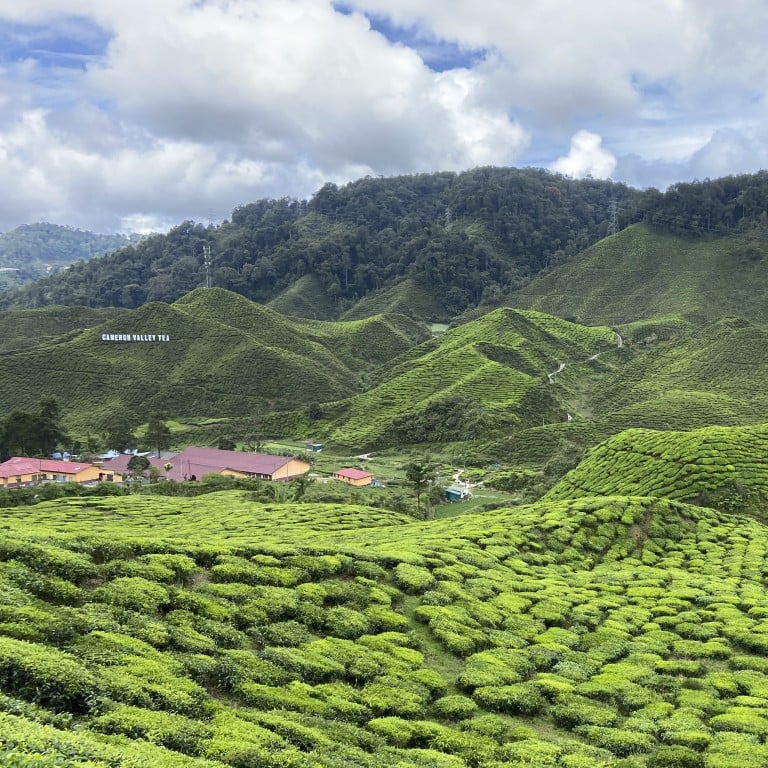
Malaysia’s beautiful Cameron Highlands are a hive of tourist activity once again, but the traffic is still terrible
- Guesthouses in the Cameron Highlands are again doing roaring business as backpackers and other international tourists make a welcome return
- There’s still only one traffic-clogged road that links the district’s settlements, and some tourists even cancel bookings because the journey can take too long
Backpackers and other international tourists are making a welcome return to Malaysia’s Cameron Highlands.
The plateau, famous for its tea plantations, strawberry farms and cool climate, saw tourism almost completely vanish over the past two-and-a-half years, the sealing of international borders having excluded foreign travellers from the country.
Today, Father’s Guesthouse, standing at the end of a quiet cul-de-sac in the town of Tanah Rata, is at full occupancy and buzzing with activity – a scenario that marketing and operations manager Valerie Thomas-Chin could have only dreamed of a couple of years ago.
Between March and June 2020, during Malaysia’s first strict lockdown, there were just six guests staying at the guesthouse.
“They were all foreigners who got stuck in Malaysia when borders closed and once they managed to leave the country, we were forced to close down for seven months, oblivious of the fact that yet another lockdown was looming,” Thomas-Chin says.
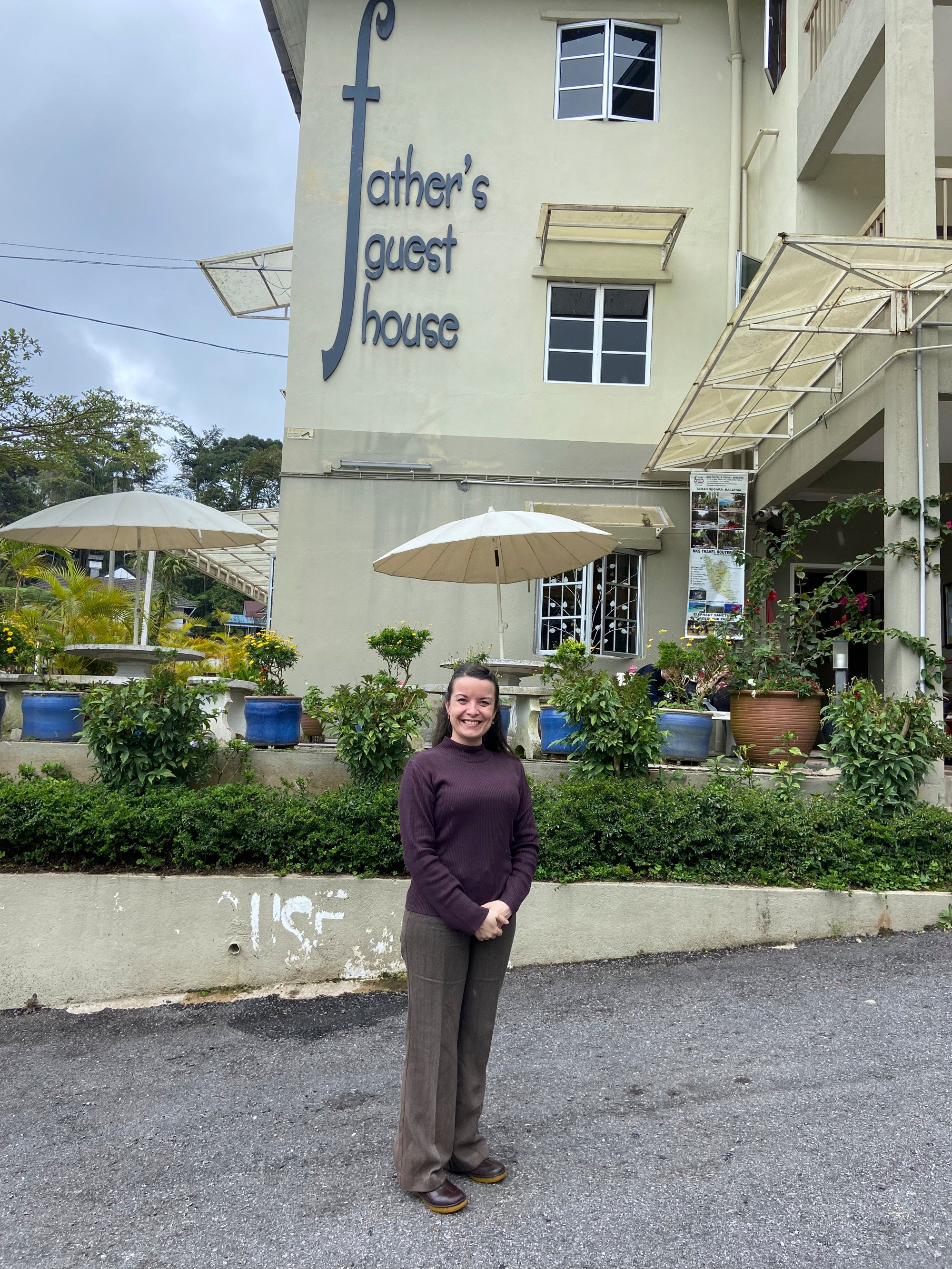
She was forced to let staff go, leaving just herself working, without a salary, until October 2021, when interstate borders in Malaysia reopened and local tourists started to return.
However, looking back, Thomas-Chin - who also runs Cameron Secrets Travel and Tours, which provides guided treks and tours of tea plantations and high-lying farms - realises that lockdown offered a unique opportunity for the building of community relations.
“Farmers donated produce that would have otherwise gone to waste to families in need and local businesses rallied together to open food banks, in particular for the Orang Asli indigenous people,” she says.
“And, of course, the nightmarish Cameron Highlands traffic subsided for a while - so it was not all bad.”
‘A country ride’ through Thailand’s Golden Triangle … on a scooter
Traffic is an unavoidable topic of conversation in the Cameron Highlands. With only one winding road passing through the nine settlements - standing at between 800 metres (2,600 feet) and 1,603 metres above sea level - it can take up to two hours to drive a mere 5km (3 miles), especially at the weekends or on national holidays.
With only roadside parking available, tourists clog the route by stopping on the verge at its numerous shops, farms, flower stalls and sights, and wander beside, or across, the road.
If one is unlucky, the trip to the Cameron Highlands from the nearest motorway exit, in Tapah, can take even longer than the usual two hours.
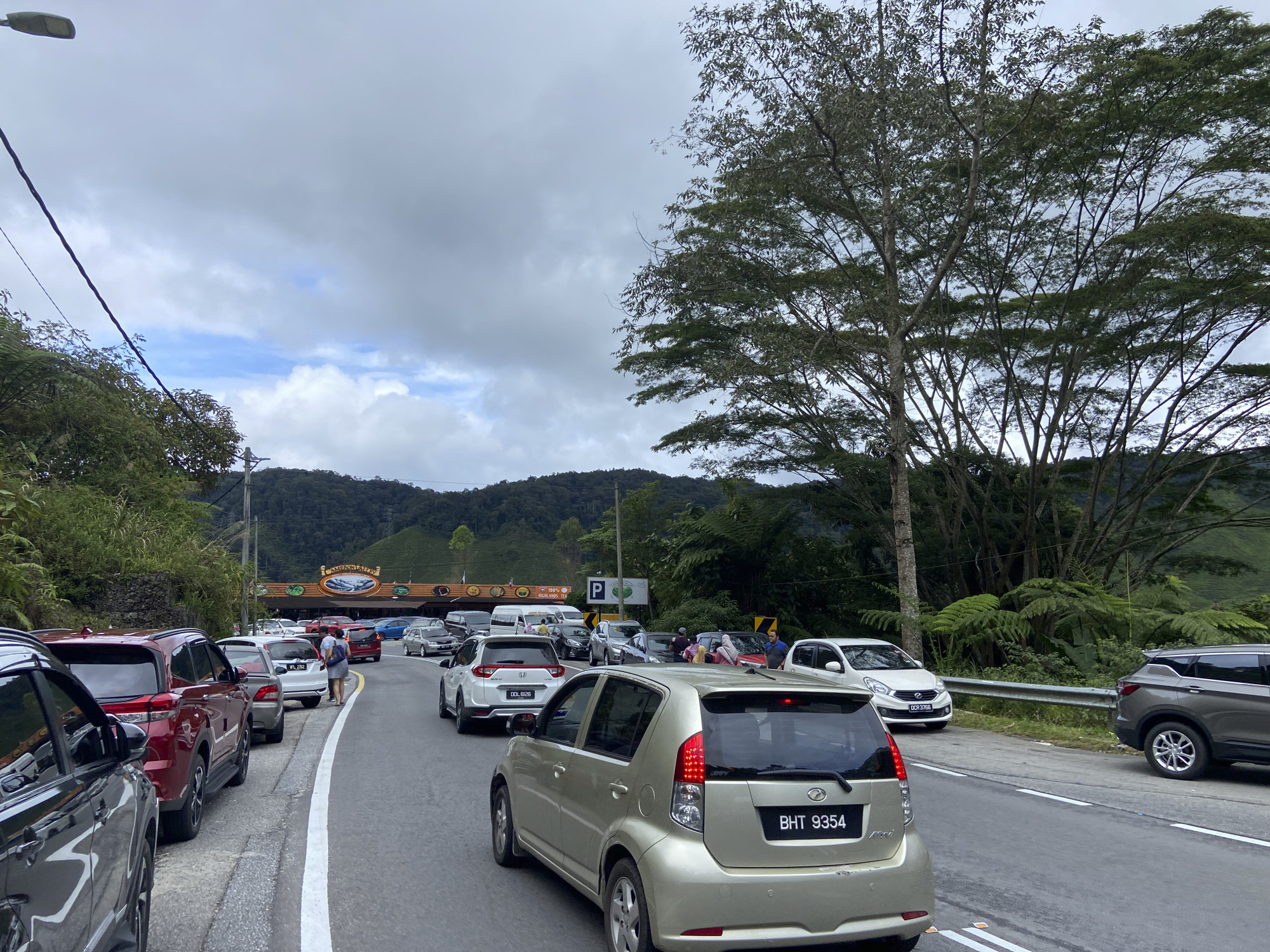
“It is impossible to overtake slow trucks so we have actually had guests cancel their booking because they give up on the way due to traffic,” Thomas-Chin says.
“We have a sort of disclaimer on all our tours because a half-day tour can take anything between four and six hours, depending on traffic,” she adds.
And the situation is unlikely to improve in the near future.
“The federal government has approved a budget to build new routes and roads in the area around the Cameron Highlands district, though this will take time due to the hilly terrain,” says Cameron Highlands’ police chief, deputy superintendent Mohd Shamsuri Mohd.
All is not well in land of Komodo dragons with threat of huge entry fee hike
Ten kilometres south of Father’s Guesthouse stands The Lakehouse, a Tudor-style boutique hotel managed by Lai Fun Low. During full lockdown, the hotel was closed but all staff were kept on the payroll.
“We would all have breakfast together and decide how we could optimise the opportunity to do maintenance on the grounds, rooms and common spaces,” Low says.
“So during the closure of the hotel, not a stone was left unturned and not a nook was left unpainted.”
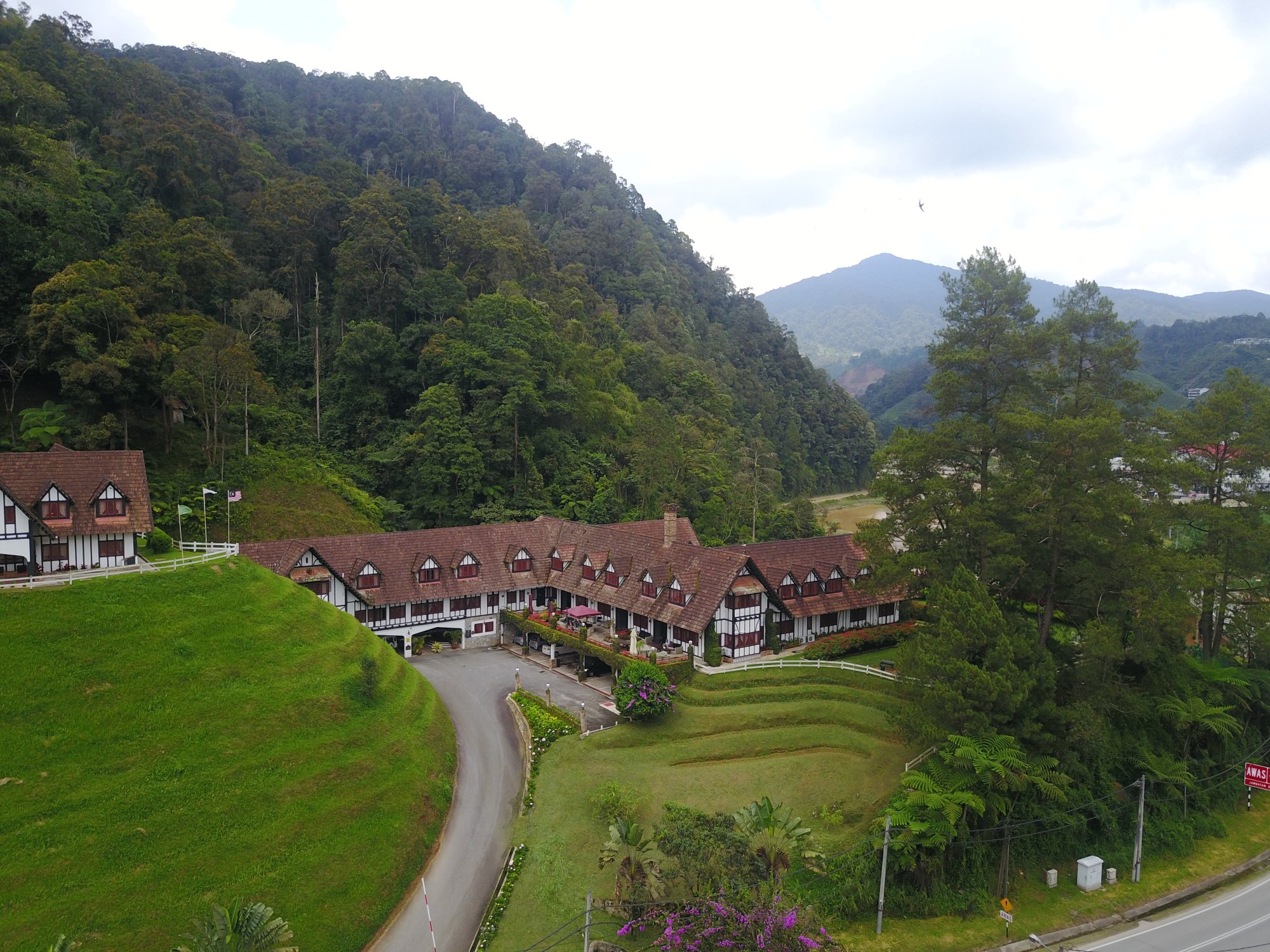
As at Father’s, business at The Lakehouse picked up again in October 2021, when interstate travel resumed.
“At least we could have local guests and that was a boost we really needed, but the downside was having to comply with all the Covid-19 standard operating procedures,” Low says.
These included temperature screening of staff and guests, deep cleaning and disinfection, social distancing in all areas, and the obligation to wear face masks in public areas.
The face-mask stipulation remains in place in Malaysia and both Father’s and The Lakehouse have decided to permanently implement some of the sanitising procedures.
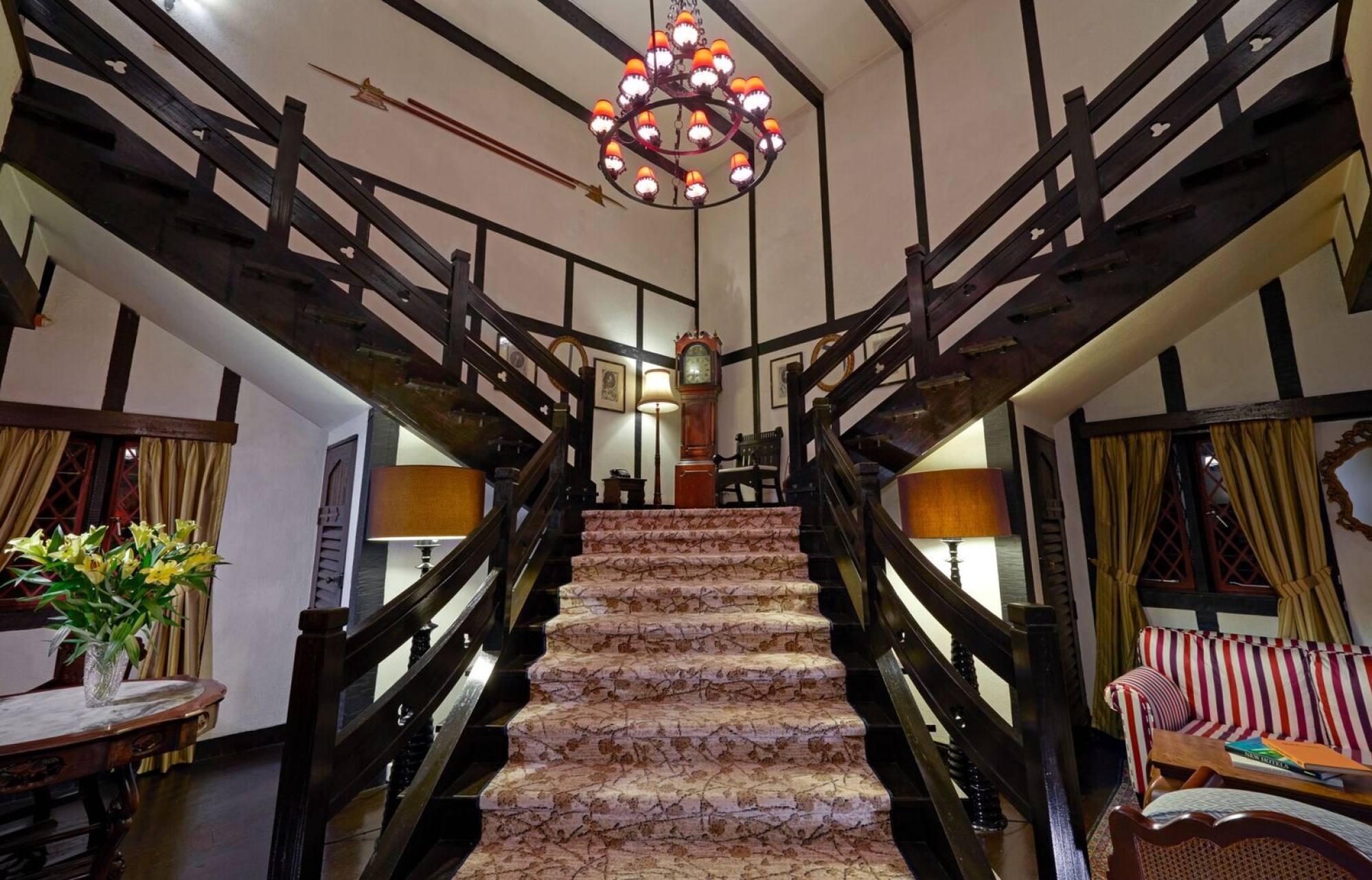
The Cameron Highlands are Malaysia’s main tea-growing region. The first plantation (Boh Tea) was established here in 1929, during the British colonial occupation of Malaysia.
With the highlands’ transition from hill station to tourist draw, visits to tea plantations and their cafes and shops have become a must.
In an interview in July 2021, Francis Xavier, divisions and factory manager at the Cameron Bharat tea plantation, said that as well as dwindling visitor numbers and falling revenues, which forced the closure of two of its tourist shops, the business was suffering from a shortage of migrant labour, as travel restrictions meant he couldn’t bring in new workers.
South Korea’s tourist ‘X factor’? Traditional houses become unique hotels
One year on, Xavier says that the government has only recently allowed foreign workers to return to the country, and an increase in production and sales “will only materialise in a few months’ time”.
Having no tourists visit during the Covid-19 disruption, the Cameron Bharat management had no choice but to sell its tea in bulk to merchants at a much reduced price.
“With the reduced demand, we have had to let part of the fields lie fallow and just concentrate on a smaller area, also based on the number of workers available,” Xavier says.
“The reopening of Malaysia has brought great relief to the local industry and, hopefully, we will see our beautiful region recover to its glory days.”

